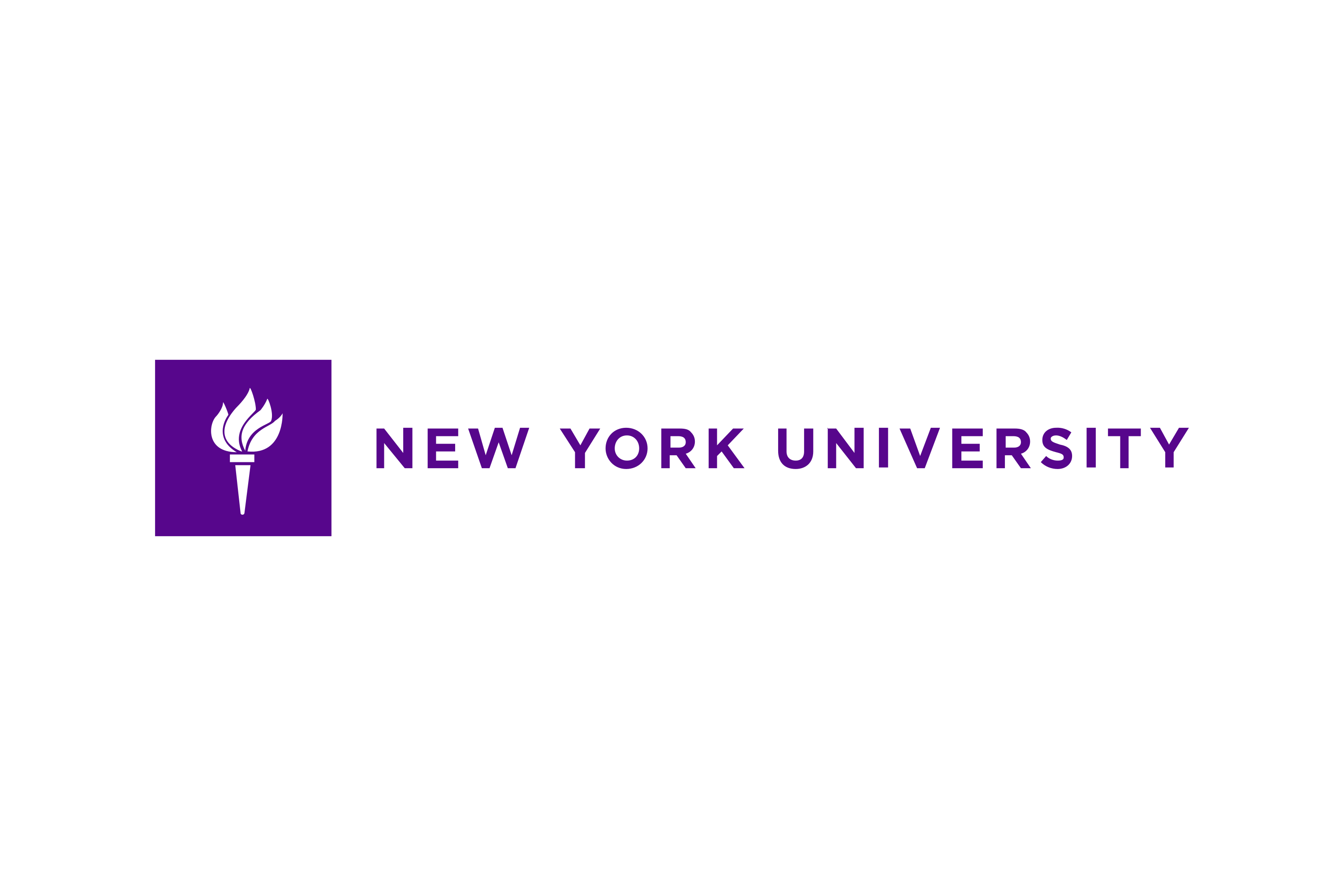New York University: A BIPOC Team of Theater Artists and Therapists Examine Underrepresented Legacies of Trauma, August 27-29
What does 9/11 mean to New York City? And what are the parallels between the lasting scars inflicted on the city 20 years ago and the collective trauma borne from the pandemic and our nation’s reckoning with the need for racial and social justice today? These are some of the questions being explored by Behind Blue Sky, a film and theater response to the 20th anniversary of 9/11, devised by a BIPOC ensemble of drama therapists and theater artists and produced by NYU Steinhardt’s Drama Therapy program, August 27-29.
Filmed throughout NYC and evoking avant-garde filmmakers and street photographers from the 1960s, 70s, and 80s, Behind Blue Sky weaves personal and fictionalized narratives based on the stories of the ensemble, as well as those gathered from people living and working in NYC twenty years ago. The film was created through a collaborative and therapeutic process—in which ensemble members shared the impact of 9/11 in their own lives through storytelling and improvisation—and includes stories from a priest who served meals to survivors at Trinity Church, teachers from the nearby LaGuardia High School who had to secure and remove students from the building, first responders, and young people who lost their parents.
The ensemble spent months researching different stories and worked with a cinematographer to create a nonlinear narrative that depicts actual experiences from 9/11 and its aftermath, as well as dream sequences that represent the fragmented ways in which traumatic events resurface in the body and memory over time. The film aims to offer an opening for audience members to reflect on their own experience by leveraging the arts’ unique ability to spark collective conversation and reflection.
“Ceremonies marking the anniversary of 9/11 have been used by some to fuel nationalism and obscure the many lives lost in the global war on terrorism that followed. This company has been involved in a process to acknowledge and work through the ways in which the terror of that day calls up past and present echoes of xenophobic violence and, by doing so, rediscover a sense of vitality” said Nisha Sajnani, director of NYU Steinhardt’s Drama Therapy program.
Many of the ensemble members were working in New York City during 9/11 or were students in the drama therapy program at NYU’s campus situated in downtown Manhattan; the events of that day, and the aftermath, had a profound impact on their careers in the intervening years.
Carlos Rodriguez is the Senior Associate Director of Behavioral Health at Kings County Hospital and oversaw the psychiatric units at Bronx State Psychiatric Center in the aftermath of 9/11. He says that his role in creating Behind Blue Sky helped him to process his experience as a survivor who had lived a few blocks from the World Trade Center on September 11, 2001.
“I was so thankful for the people that took us in for the weeks following the tragedy, and for my health and privilege, that I disowned my identity [as a survivor]. Something did happen to me during September 11 and I struggled with that on behalf of others who lost family members, their homes, and their livelihoods. But this process has allowed me to acknowledge that I’m a survivor in a different way, while holding gratitude and understanding that those two things can exist simultaneously,” said Carlos.
The film will be live streamed on August 27 and 28 at 7 p.m. and August 29 at 1 p.m. and will be immediately followed by an interactive gathering with the audience over zoom. Breakout sessions led by ensemble members will invite audience members to have conversations about the film, their own experiences with September 11 and how it has shaped their lives, and how the legacy of 9/11 and its aftermath can inform new visions of hope and change today.
The film is directed by psychotherapist, drama therapist and theatre director, Armand Volkas, the co-founder and clinical director of Living Arts Counseling Center and founder of Healing the Wounds of History, in which experiential techniques are used to work with a group of participants who share a common legacy of historical trauma, including descendants of Jewish Holocaust survivors and The Third Reich, Palestinians and Israelis, and more.
“What is the role of drama therapy and therapeutic theatre in the aftermath of a collective and historical trauma such as 9/11? If New York is our client, what is the appropriate therapeutic intervention on a city struggling to redefine itself 20 years after the trauma? We were aware that we were attempting to digest the collective trauma of an undigested past during the current trauma of a pandemic and a period of social reckoning,” said Volkas in a director’s note.
“I believe we need a sort of truth-telling, whereby traumatic events and their effects are recovered into a collective consciousness. The process that begins with a collective trauma, transforms into a collective memory, and culminates in a system of meaning that allows groups to redefine who they are and where they are going as a people. Behind Blue Sky is our humble offering for you, our audience, to ask yourselves, “Where were you on September 11, 2001? What is the meaning of this event for you? What is your radical hope for the future?,” he continued.
The ensemble includes Chantal Georges, Sara Kliger, Jonathan Howie, Carlos Rodriguez-Perez, Hala Shah, Allyn Sitjar, and Jennifer Tam and the production team is Armand Volkas, Jesse Bonnell, Lynn Hodeib, Ellen Smittle, Gabrielle Fidis, and Samantha Artese.

